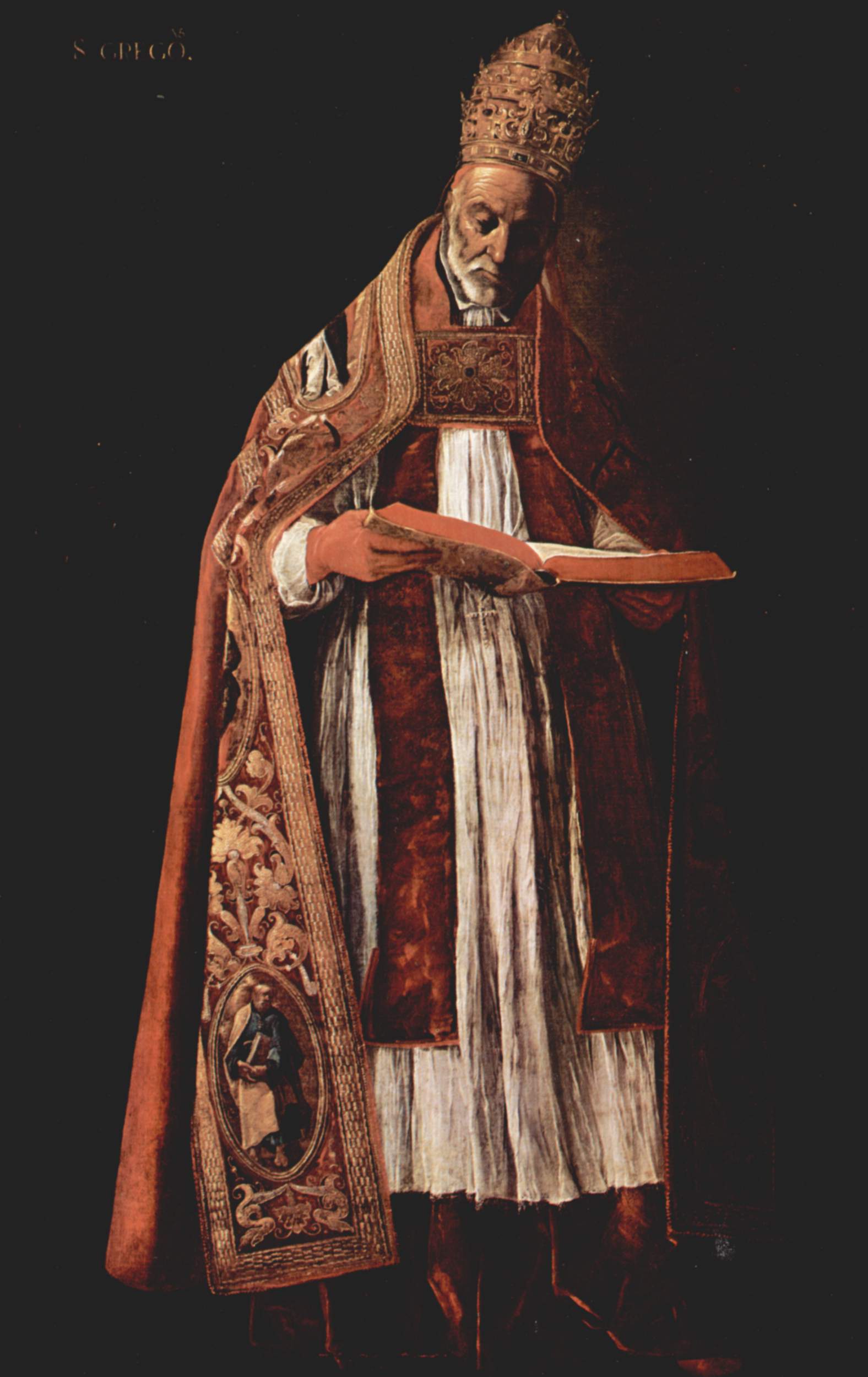Papa Gregório I frasi celebri
Origine: Da un'epistola a Gianuario (arcivescovo di Cagliari); citato in Walter Peruzzi, Il cattolicesimo reale attraverso i testi della Bibbia, dei papi, dei dottori della Chiesa, dei concili, Odradek, Roma, 2008, p. 211.
Commento al libro di Giobbe
Origine: Citato in Le encicliche sociali dei papi, a cura di Igino Giordani, p. 167.
Papa Gregório I Frasi e Citazioni
“Ciò che era ottimo, una volta corrotto, è pessimo.”
da Moralia; citato in Giuseppe Fumagalli, Chi l'ha detto?, Hoepli
Origine: Da Commento morale a Giobbe, XIV-23.
“Il piacere non può mai essere senza peccato.”
Origine: Da Responsum Gregorii.
“Mi è stato assai più utile il lungo dubbio di Tommaso che la fede immediata della Maddalena.”
Origine: Citato in Vittorio Messori, Ipotesi su Gesù, SEI, Torino, 1976, p. 119.
“Il termine «angelo» denota l'ufficio, non la natura.”
Omelie sui vangeli
Papa Gregório I: Frasi in inglese
Origine: The Book of Pastoral Rule, p.124
“Holy Scripture presents a kind of mirror to the eyes of the mind, so that our inner face may be seen in it.”
Scriptura sacra mentis oculis quasi quoddam speculum opponitur, ut interna nostra facies in ipsa videatur. Ibi etenim foeda, ibi pulehra nostra cognoscimus.
Morals in the Book of Job, 553d, as translated in Cultural Performances in Medieval France (2007), p. 129
Contesto: Holy Scripture presents a kind of mirror to the eyes of the mind, so that our inner face may be seen in it. There we learn our own ugliness, there our own beauty.
Homily of St. Gregory as quoted in A History of the Inquisition of the Middle Ages, Volume 1 by Henry Charles Lea page 241
Origine: The Book of Pastoral Rule, p.159
quoted in George D. Herron, Between Caesar and Jesus (1899), pp. 111-112.
As quoted in Summa Theologica Part II of Second Part Q. 182, Art 4
Origine: The Book of Pastoral Rule, p.32
Origine: The Book of Pastoral Rule, p.62
“And let the fear and dread of you be upon all of the animals of the earth.”
Clearly, fear and dread were prescribed for the animals, but evidently it was forbidden among humans. By nature a human is superior to a brute animal, but not other humans.
Origine: The Book of Pastoral Rule, p.62
Morals in the Book of Job, 553d, as translated in Cultural Performances in Medieval France (2007), p. 129
Originale: (la) Scriptura sacra mentis oculis quasi quoddam speculum opponitur, ut interna nostra facies in ipsa videatur. Ibi etenim foeda, ibi pulchra nostra cognoscimus.
